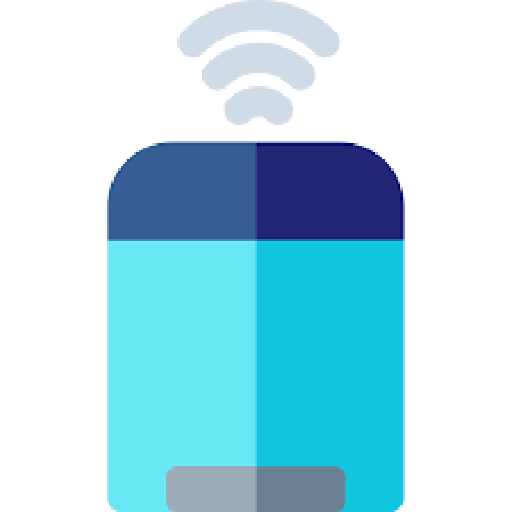Smart Garbage Monitoring System
Abstract
Internet of Things (IoT) based smart devices are the core elements for any smart environment. The sensors and actuators make the life easier when they are connected to one another and to the Internet. The Smart city and ‘Swach Bharath Abhiyan’ projects introduced by the Government of India tried to promote clean and hygienic Environment. The constant growth of population, industrialization and urbanization increase the unorganized manner of dumping the solid waste in landfills. Smart waste management is the must in all countries due to the voluminous generation of solid waste. In this paper, a methodology for monitoring the dustbins in smart cities, household or organization is proposed. The dustbins are monitored very often to check the garbage level. Whenever the dustbins reach maximum level, alert will be sent to the corresponding authorities with the bin details to dispose the waste. Additionally, the gas sensors in the dustbins detect the bad smell and alert when it reaches the threshold level though the garbage level will not reach the dustbin’s maximum capacity. The areas which require emptying the dustbins very often area also identified. Large-scale implementation of the system will promote a clean and hygienic environment.
References
Fetulhak Abdurahman, Sileshi Aweke and Chera Assefa, “Automated Garbage Monitoring System using Arduino”, IOSR Journal of Computer Engineering (IOSR-JCE), e-ISSN: 2278-0661, p-ISSN: 2278-8727, Volume 20, Issue 1, Ver. I, 2018, PP64-76.
Nisarga T D, Sahana S, Saket Parashar, Suhas R, Shilpa R and Girijamaba D L, “Waste bin Monitoring System using Integrated Technology and IoT”, International Journal of Engineering Research & Technology (IJERT), ISSN: 2278-0181,2018.
Patric Marques, Diogo Manfroi, Eduardo Deitos, Jonatan Cegoni, Rodrigo Castilhos, Juergen Rochol, Edison Pignaton and Rafael Kunst, “AnIoT-basedsmartcitiesinfrastructurearchitectureappliedtoawaste managementscenario”,AdHocNetworks,Issue87,2019,pp200–208.

In submitting the manuscript to the International Journal on Integrated Education (IJIE), the authors certify that:
- They are authorized by their co-authors to enter into these arrangements.
- The work described has not been formally published before, except in the form of an abstract or as part of a published lecture, review, thesis, or overlay journal.
- That it is not under consideration for publication elsewhere,
- The publication has been approved by the author(s) and by responsible authorities – tacitly or explicitly – of the institutes where the work has been carried out.
- They secure the right to reproduce any material that has already been published or copyrighted elsewhere.
- They agree to the following license and copyright agreement.
License and Copyright Agreement
Authors who publish with International Journal on Integrated Education (IJIE) agree to the following terms:
Authors retain copyright and grant the International Journal on Integrated Education (IJIE) right of first publication with the work simultaneously licensed under Creative Commons Attribution License (CC BY 4.0) that allows others to share the work with an acknowledgment of the work's authorship and initial publication in this journal.





1.png)
